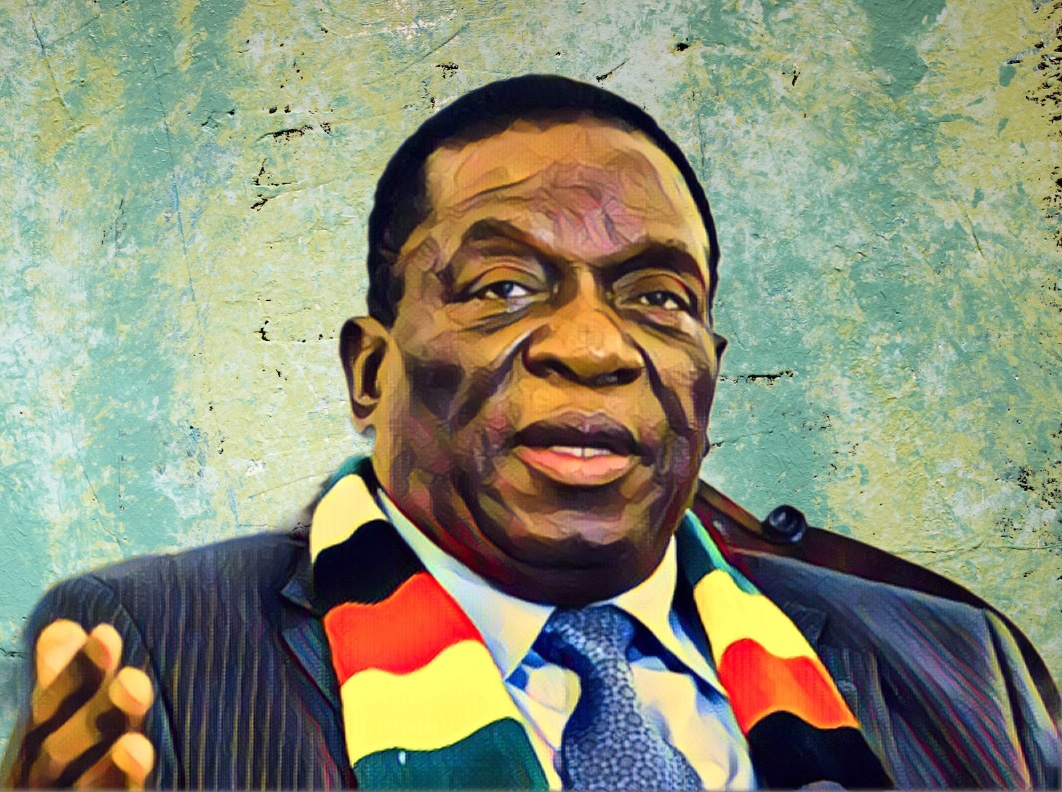Zimbabwe’s President Emmerson Mnangagwa has called on his fellow citizens to seize the opportunities in the energy sector, as the country aims to become a net exporter of electricity by 2024.
Speaking at the commissioning of the Kariba South Power Station Extension Project on Friday, Mnangagwa said the project was a milestone in the country’s quest for energy security and economic development.
The project, whichh was funded by a $533 million loan from China Exim Bank, added two units with a combined capacity of 300 megawatts to the existing hydroelectric power station, bringing its total output to 1,050 megawatts.
Manawa said the project was part of his government’s vision to achieve an upper middle-income status by 2030, and urged the private sector and local communities to participate in the energy sector.
“We have vast opportunities in the energy sector, which include solar, hydro, thermal, gas and coal bed methane, among others. I challenge all stakeholders, including the private sector, to come on board and partner us as we modernize and expand our energy infrastructure,” he said.
He also encouraged Zimbabweans to adopt renewable energy sources, such as solar, to reduce the pressure on the national grid and save the environment.
Mnangagwa said his government was committed to improving the investment climate and attracting more foreign direct investment, especially from China, which he described as “a true friend and partner”.
He thanked China for Its support in the implementation of various projects in Zimbabwe, including the expansion of the Hwange Thermal Power Station, the construction of the new parliament building, and the upgrading of the Robert Gabriel Mugabe International Airport.
He also expressed gratitude to the contractors, consultants, engineers and workers who were involved in the Kariba South Power Station Extension Project, which he said was completed on time and within budget.
The project, whichh began in 2014, created over 2,000 jobs and enhanced the skills of local workers, according to the Zimbabwe Power Company, the state-owned entity that runs the power station.
The company’s board chairman, Stanley Kazhanje, said the project would boost the country’s power generation capacity and reduce its reliance on power imports from neighboring countries.
He said the company was working on several other projects, such as the Batoka Gorge Hydroelectric Power Station, which is expected to produce 2,400 megawatts of electricity upon completion.
Zimbabwe, which has a population of about 16 million people, currently has an installed power generation capacity of about 2,000 megawatts, but only produces about 1,400 megawatts due to aging equipment and low water levels at its dams.
The country Imports about 400 megawatts of electricity from South Africa and Mozambique to meet its peak demand of about 1,800 megawatts.
However, the country hopes to become self-sufficient and even export surplus power to the region by 2024, as it embarks on various projects to increase its power generation capacity.
Zimbabwe is endowed with abundant natural resources, such as coal, gas, hydro and solar, which can be harnessed to produce electricity.
The country also has potential to generate power from nuclear energy, as it has uranium deposits in some parts of the country.
Zimbabwe’s Minister of Energy and Power Development, Joram Gumbo, said the government was exploring the possibility of developing nuclear power in the future, in collaboration with countries that have expertise in the field.
He said the government was also working on improving the transmission and distribution network, as well as the regulatory framework, to ensure efficient and reliable power supply to the consumers.
He appealed to the consumers to pay their bills and conserve energy, as the government strives to provide affordable and sustainable power to the nation.
He said the government was also promoting the use of prepaid meters and smart meters, as well as energy-saving devices, to reduce the losses and wastage of power.
He said the government was aware of the challenges facing the energy sector, such as vandalism, theft, corruption and climate change, and was taking measures to address them.
He said the government was also committed to implementing the regional and continental energy initiatives, such as the Southern African Power Pool and the Africa Clean Energy Corridor, to enhance cooperation and integration in the energy sector.
He said the government was confident that the energy sector would play a key role in the socio-economic transformation of Zimbabwe and the region.
He said the commissioning of the Kariba South Power Station Extension Project was a testimony of the government’s determination to achieve its goals and aspirations.
He said the project was a source of pride and hope for Zimbabweans, as it demonstrated their resilience and potential.
He concluded by congratulating the president and the people of Zimbabwe for the successful completion of the project, and expressed optimism that the country would overcome its challenges and realize its vision.
Source: The Herald


